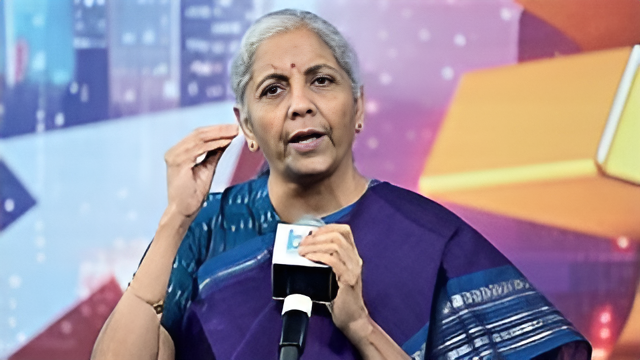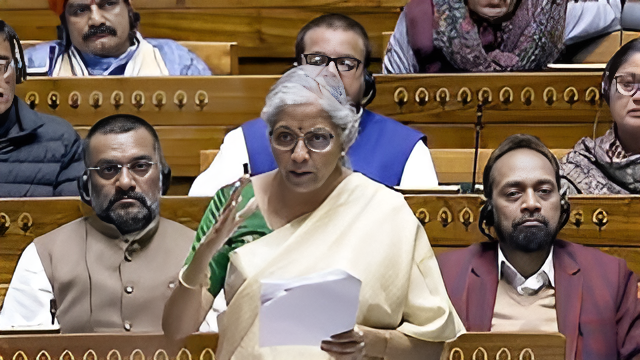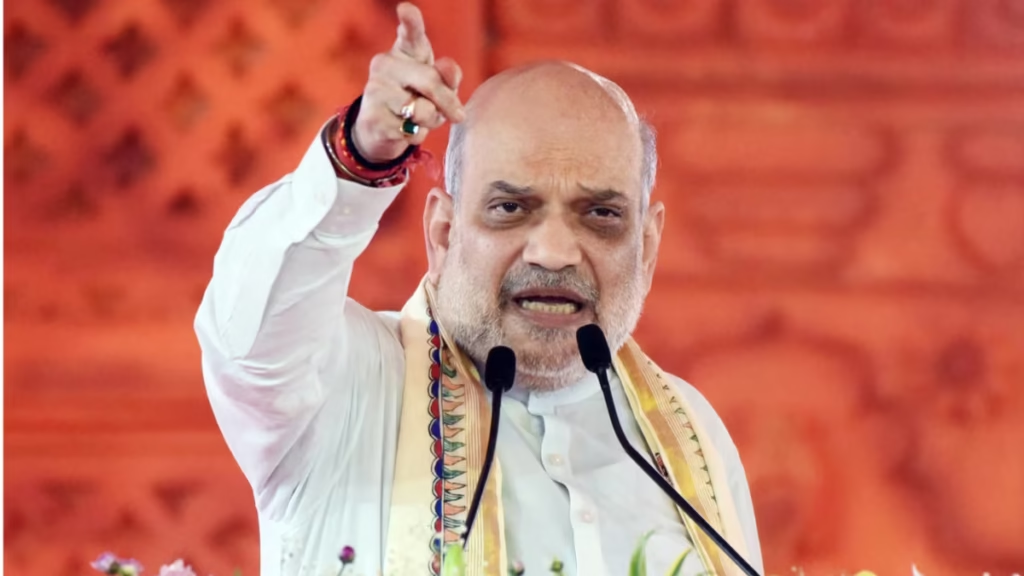New Income Tax Bill 2025: FM Sitharaman Tables Key Changes in Lok Sabha

In a significant move to reform India’s taxation system, New Income Tax Bill 2025 Finance Minister Nirmala Sitharaman presented the much-anticipated Income Tax Bill 2025 in the Lok Sabha today. The new bill aims to simplify the existing tax framework, introduce new provisions to improve compliance, and boost economic growth. With several major amendments proposed, the bill has attracted widespread attention and is set to impact both individuals and businesses across the country.
New Income Tax Bill 2025 Key Highlights of the New Income Tax Bill 2025
The primary objective of the 2025 Income Tax Bill is to simplify the tax system while promoting fairness and transparency. Below are the significant changes and proposals under the new bill:
- Revised Tax Slabs
One of the most notable changes in the new bill is the revision of the income tax slabs for individual taxpayers. The revised structure aims to reduce the burden on middle-income taxpayers while ensuring higher taxes for the ultra-wealthy. The new slabs are designed to encourage savings and investment, thereby stimulating the economy.
- New Tax Slabs:
- Up to ₹5 lakh: No tax
- ₹5 lakh – ₹10 lakh: 10%
- ₹10 lakh – ₹20 lakh: 20%
- Above ₹20 lakh: 30%
- Introduction of Standard Deduction for All Taxpayers
The bill introduces a standard deduction of ₹50,000 for all individual taxpayers, irrespective of their income level. This measure is aimed at providing relief to salaried employees and pensioners by reducing their taxable New Income Tax Bill 2025 income.

- Simplified Tax Filing Process
To encourage compliance and reduce the complexity of filing returns, the Income Tax Bill 2025 introduces a more user-friendly tax filing system. The new system will make it easier for taxpayers to file returns through digital platforms. There will be minimal documentation required, and many taxpayers will be able to file their returns automatically with pre-filled information. - Tax on Digital Assets
A significant provision in the bill is the taxation of digital assets, including cryptocurrencies and NFTs (Non-Fungible Tokens). The bill proposes a 15% tax on the capital gains earned from digital asset transactions, making it clear that these assets will be treated similarly to stocks and bonds in terms of taxation. - Corporate Tax Reduction
- The corporate tax rates for both domestic and international businesses are set to be reduced in the bill. The government aims to make India a more attractive destination for global investments by lowering the effective tax rate for companies. The revised rates will help promote growth and ease the tax burden on businesses, especially small and medium enterprises New Income Tax Bill 2025 (SMEs).
- Tax Breaks for Startups
To encourage innovation and entrepreneurship, the bill introduces tax breaks for startups. The proposed changes will include tax exemptions for new companies in their first few years of operation. This move is expected to boost India’s startup ecosystem and create more job opportunities in the country. - Stricter Penalties for Tax Evasion
The bill proposes tougher penalties for individuals and businesses engaged in tax evasion. These include higher fines, stricter audits, and increased scrutiny of financial transactions. The government aims to improve tax compliance and ensure that all taxpayers contribute their fair share to the economy.

- Incentives for Green Investments
As part of its push for sustainability, the bill offers tax incentives for investments in green energy and environmentally-friendly projects. This includes tax breaks for individuals and corporations investing in solar energy, electric vehicles, and other sustainable technologies. - Revised Inheritance Tax Provisions
Another noteworthy change is the revision of inheritance tax provisions. The bill proposes a revised inheritance tax framework that aims to simplify the process of transferring wealth and assets across generations. However, the details of this new provision are still to be New Income Tax Bill 2025 debated.
Impact on Taxpayers and Businesses
The changes introduced in the Income Tax Bill 2025 are expected to have a far-reaching impact on both individual taxpayers and businesses. Here are the key benefits:
- For Individuals: Lower tax rates, a new standard deduction, and simplified filing processes will make tax compliance easier and more affordable for taxpayers.
- For Startups and SMEs: The tax incentives for startups and the reduction in corporate tax rates are expected to help businesses grow and create jobs, contributing to economic development.
For Digital Asset Traders: The taxation of cryptocurrencies and other digital assets provides clarity for investors in this rapidly growing sector, helping to New Income Tax Bill 2025 regulate the market.
- For the Economy: The bill’s emphasis on transparency, compliance, and investment in green technologies aligns with the government’s vision of promoting sustainable economic growth.
Next Steps and Debate
The Income Tax Bill 2025 is now set to be discussed in the Rajya Sabha for further deliberations before it is passed into law. It will undergo detailed scrutiny by various parliamentary committees and stakeholders. The government has assured that the bill aims to simplify the tax system, ensuring New Income Tax Bill 2025 fairness for all taxpayers while encouraging investment and economic growth.
Conclusion
The Income Tax Bill 2025 presents a comprehensive overhaul of India’s taxation system. With its focus on simplification, fairness, and economic growth, it promises to provide much-needed relief to taxpayers and businesses alike. As the bill progresses through Parliament, the government remains committed to ensuring that India’s tax framework aligns with the needs of a modern, New Income Tax Bill 2025 dynamic economy.





















